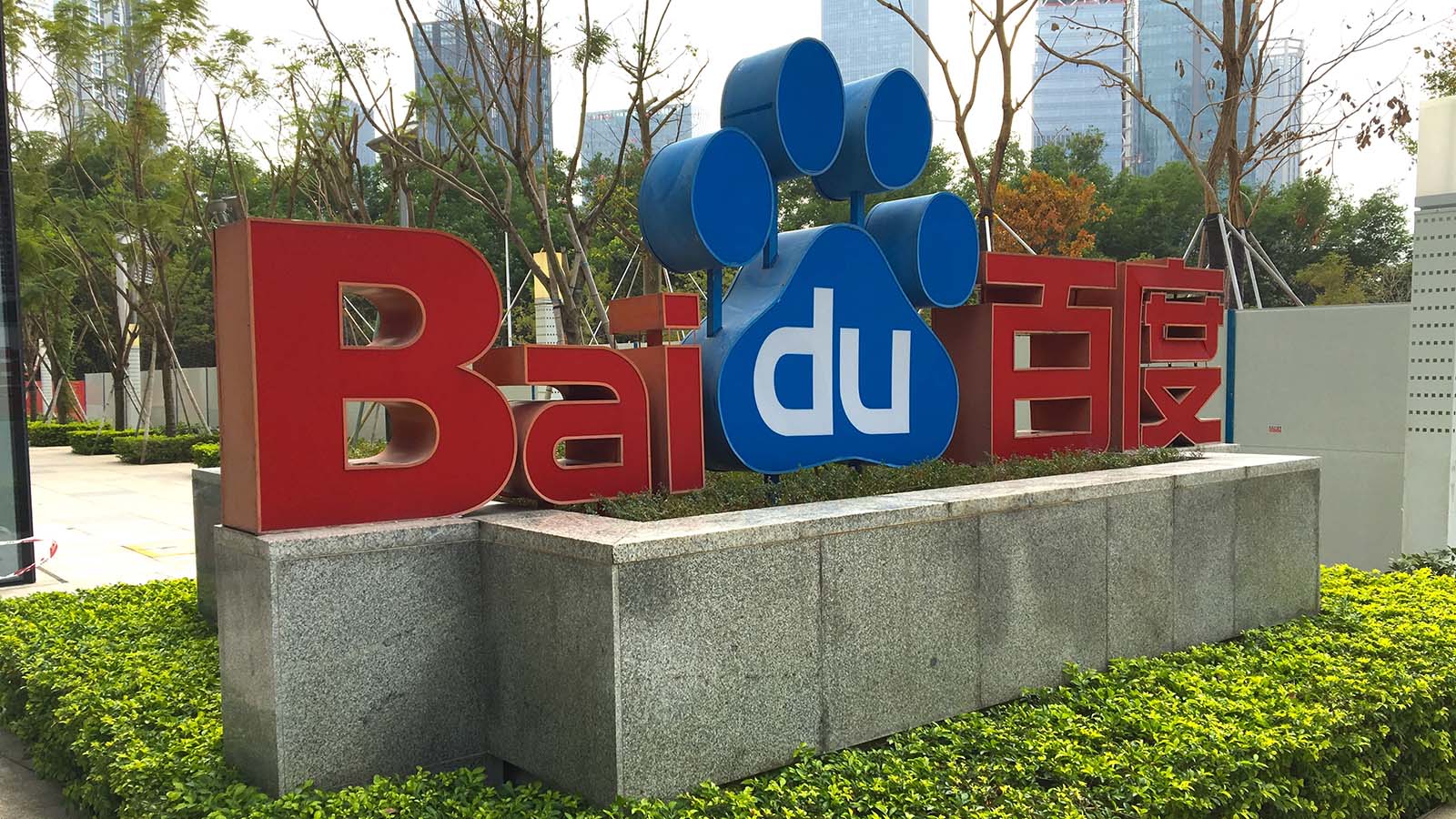Baidu (NASDAQ:BIDU) is a $57.3 billion Chinese artificial intelligence (AI) and internet search company whose latest results show it is a free cash flow (FCF) powerhouse. The market is definitely overlooking BIDU stock, and it deserves to have a much higher valuation.

So far this year, BIDU stock has dipped more than 23.8% from $216.24, where it ended 2020, to $164.69 as of midday Sept. 13. Moreover, this is after the stock peaked at $339.91 on Feb. 19. Now it is down a drastic amount — more than 51.5% from its peak earlier this year.
As I wrote last month, a good deal of this decline has to do with fears about Chinese stocks. A lot of that is overdone, however. I do not foresee BIDU stock being delisted or becoming illiquid anytime soon. And even if its American Depository Receipts (ADRs) were to be delisted, they would still likely trade in a secondary market, either in the U.S. or Hong Kong.
My point is that contrarian investors should consider taking advantage of this unhealthy fear. That is especially the case now, as the company has shown it is producing large amounts of FCF.
Baidu’s FCF Generation
On Aug. 12, Baidu released its second-quarter financials. The numbers are mostly listed in renminbi (RMB), a Chinese currency, but the company also provides a U.S. dollar translation for the key figures.
Revenue rose 20% year-over-year (YOY) and 11% since the last quarter to $4.85 billion. The company attributes the increase to AI, but in reality, the rise was mostly driven by search engine advertising revenue.
More importantly, the company delivered strong FCF. In fact, Baidu is one of the few Chinese ADRs that actually posts a calculation of its FCF.
The earnings report shows that for the quarter, Baidu produced $843 million in FCF. That represents 17.36% of its $4.855 billion in revenue. That is a very high and respectable FCF margin.
Moreover, this $843 million in FCF is more than twice as high as the $400 million in FCF it made during Q1. The FCF margin in Q1 was just 9.3%, so the Q2 margin has almost doubled at 17.36%.
We can use this Q2 margin to estimate its FCF going forward and determine the value of BIDU stock.
Forecasting Baidu’s FCF
Analysts estimate that 2021 revenue will reach about $19.56 billion and $22.44 billion by the end of 2022. So if we apply the latest 17.36% margin (let’s round it down to 17%), FCF could hit $3.325 billion in 2021. At least, that will be the run rate — it could be lower due to the lower Q1 results. By 2022, FCF could hit $3.815 billion.
This puts Baidu in an exclusive list of Chinese and U.S. stocks that can produce this huge amount of FCF. Right now, the company does not use its FCF to pay a dividend or buy back stock. I suspect it will eventually consider doing this.
Moreover, it’s not like the company needs the free cash flow to pile up on its balance sheet. Baidu has $8.293 billion in cash and restricted cash. That represents 14.5% of its $57.297 billion market capitalization.
However, it also has $19.575 billion in short-term investments. Therefore, its total cash and investments are $27.868 billion, or 48.6% of its market value.
Estimating the Value of BIDU Stock
One of the ways to estimate Baidu’s value using its free cash flow is to apply an FCF yield metric. For example, if we divide the forecast FCF by an FCF yield of 3%, that produces a target market cap. We can then compare that to its market value to see if BIDU stock is undervalued.
One reason I want to use a 3% yield metric is that this is the same FCF yield as a comparable stock: Alphabet (NASDAQ:GOOG, NASDAQ:GOOGL).
For example, Alphabet’s trailing 12 months (TTM) FCF was $58.536 billion as of Sept. 13. This is taken from Seeking Alpha‘s TTM Cash Flow page (i.e., $80.85 billion in operating cash flow minus capital expenditure of $22.323 billion.) If we divide its $58.5 billion in FCF by its $1.89 trillion market value, the FCF yield is 3%. We can use this to value BIDU stock.
For example, dividing Baidu’s 2021 FCF estimate of $3.325 billion by 3% results in a potential market value of $110.833 billion. That target value is 93.4% higher than its existing market value. And compared to 2022, the target value works out to $127.17 billion, or 122% higher.
What to Do With BIDU Stock
BIDU’s stock’s value is at least 93.4% higher, or $318.51. And remember this is just the value of its business. Its cash represents another 50% increase of its present market value.
As a result, this seems like a very undervalued stock. Even if it took three years for the market to appreciate this and give the stock a value 93.4% higher, the annual return would be be 24.6% each year on a compound basis. That is a pretty good return on investment for most BIDU stock buyers.
On the date of publication, Mark R. Hake did not hold a position (directly or indirectly) in any security mentioned in this article. The opinions expressed in this article are those of the writer, subject to the InvestorPlace.com Publishing Guidelines.
Mark Hake writes about personal finance on mrhake.medium.com and runs the Total Yield Value Guide which you can review here.
